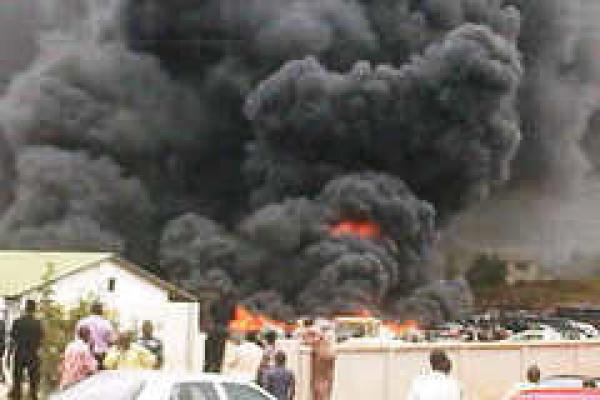Jul 14, 2012
Ongoing violence in Nigeria has exacerbated tensions between the country's Muslims and Christians. Nigeria has equal numbers of Christians and Muslims, and 92 percent of the country's population says they pray every day, according to a 2010 poll by the Pew Forum on Religion & Public Life.
Hundreds of Christians and Muslims have died this year alone, including scores killed last weekend (July 7-8) when Muslim militants attacked Christian villages in the nation’s central plateau, where the mostly Muslim north and the mostly Christian south meet.
Read five things you should know about the violence in Nigeria inside the blog...
Read the Full Article

Already a subscriber? Login
